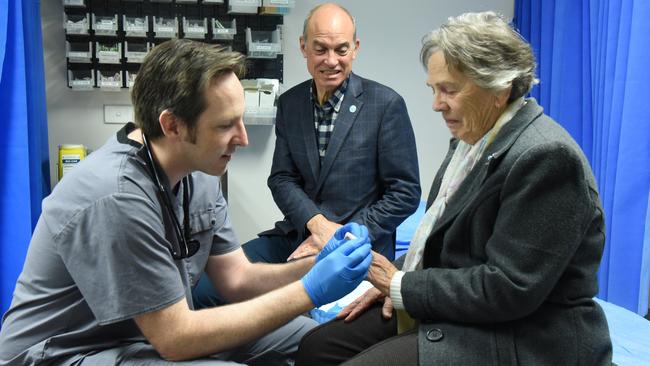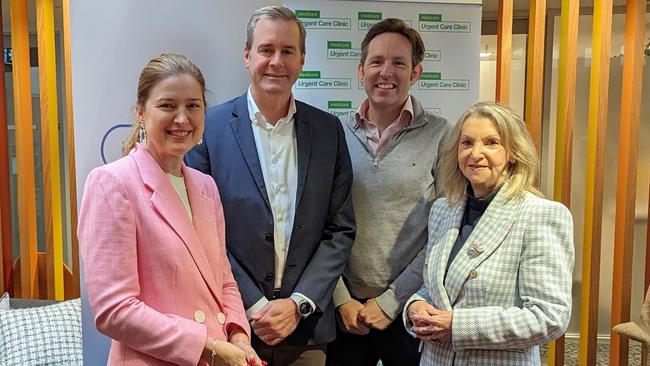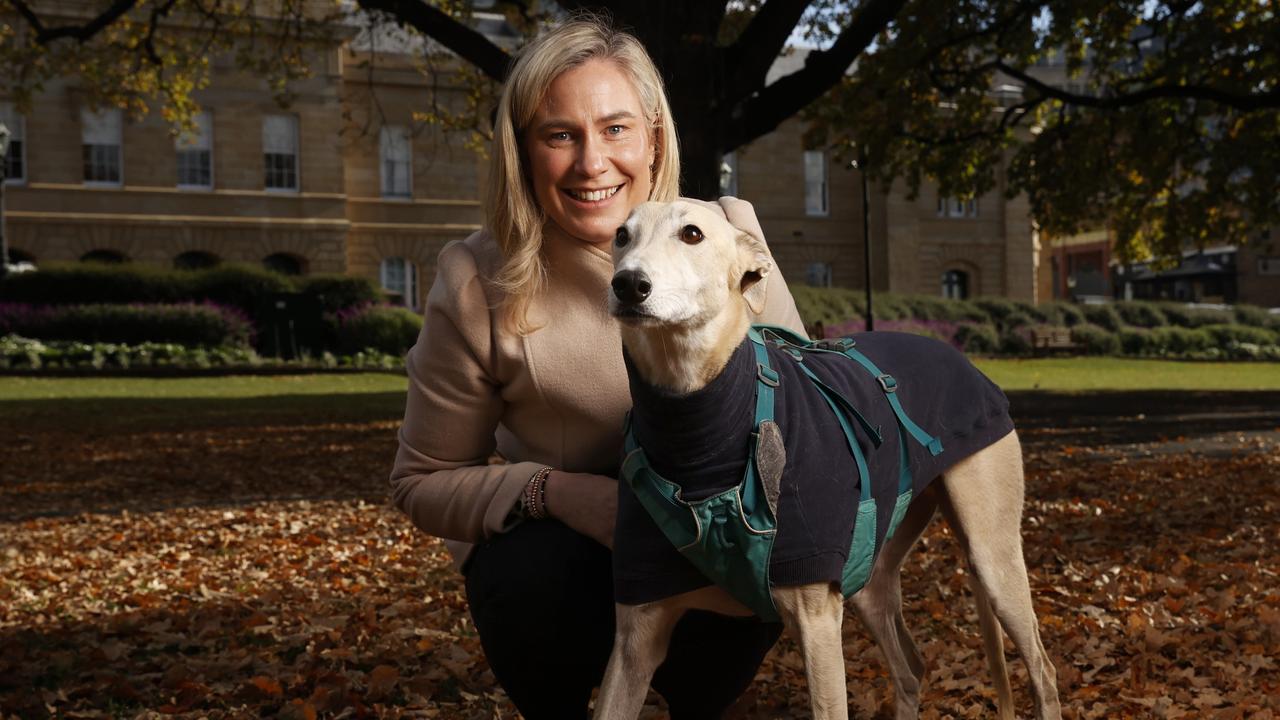Urgent Care Clinics Tasmania: Hobart UCC quietly opens as Launceston UCC swamped
The second of Tasmania’s four bulk-billing, extended hours GP services has quietly opened in Hobart. The state’s first, in Launceston, is already nearing capacity after less than a month in operation.

Tasmania
Don't miss out on the headlines from Tasmania. Followed categories will be added to My News.
Tasmania’s first urgent care clinic, a bulk-billing, extended-hours GP service in Launceston aimed at diverting patients from overworked emergency departments, has seen more than 1000 presentations in under a month.
It can also be revealed that the second of Tasmania’s four urgent care clinics (UCCs) has also opened – Your Hobart Doctor at 71 Bathurst St began seeing patients under the scheme on August 14, although, bizarrely, it has not been announced or publicised in anyway.
It’s understood this has been at the prerogative of the federal government, which has provided the lion’s share of the funding for the scheme.
The Launceston UCC, located within the Launceston Health Hub on Wellington St, opened to the public on July 31.
In that time, it had seen more than 1000 patients – an average of more than 37 a day – said hub owner Dr Jerome Muir-Wilson.
He said that during the Launceston General Hospital’s (LGH) gastro outbreak last week, the UCC saw 70 patients in a day – a record for the clinic, which is staffed to see about 40 patients a day under the scheme.

“We are funded and staffed for two GPs and two nurses a shift. If we were seeing 60–70 patients a day, there may need to be further funding,” Dr Muir-Wilson said.
“We’ve only just kept up. I think as more people know about it, we’ll need to work with the government to make sure it’s sustainable moving forward.”
Dr Muir-Wilson conceded that the unavailability of GPs in the wider community was impacting on demand for the UCCs services.
“It’s a real problem, the GP shortage – I’m a GP three days a week and my wait time is more than a month,” he said.
Breaking down the UCC statistics further, Dr Muir-Wilson said about 90 per cent of presentations had been “very appropriate” – i.e. they were well-suited to the urgent care clinic stream.
“There’s only a handful each day we’ve had to turn away because they are more suited to a GP and shouldn’t be here, but we’ve given them options,” he said.
Of the 1000-plus presentations, only about “two to three per cent” have needed to be transferred to hospital, Dr Muir-Wilson said.
Health Minister Guy Barnett said about 40 per cent of emergency department presentations across the state in the month of June “were not urgent and may have been appropriate for treatment in an alternative health care setting”.
Launceston woman Jackie Hannaford was treated at the UCC on Saturday night for a gardening injury to her finger.
“I was at the LGH three weeks ago for a different reason. I was there for 12 hours before being admitted. That’s why I came here,” she said.
UCCs provide treatment for urgent illnesses and injuries which require treatment that day, but do not require a presentation to a hospital emergency department. They are accessible between 2–8pm, seven days a week, and are accessible only to walk-ins.
A total of 58 have been funded Australia-wide, with Tasmania to receive four. The state is still awaiting the signing of a contract for a second greater Hobart UCC, and one in the North-West.





